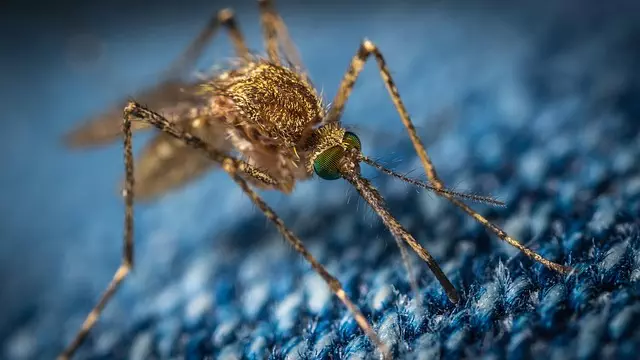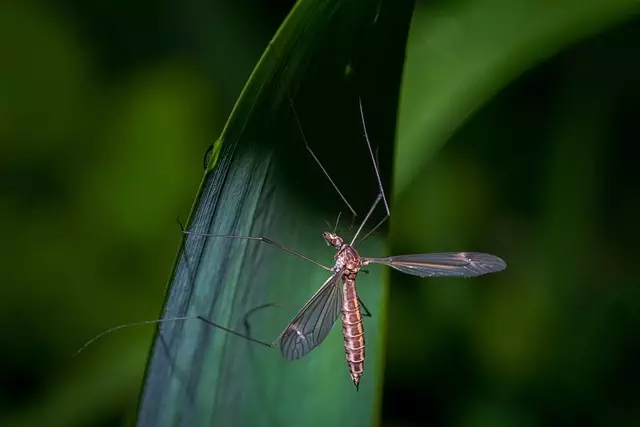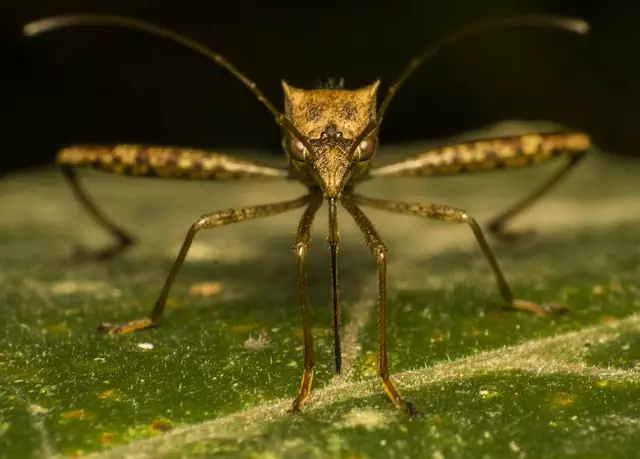Mosquitoes, prevalent in warmer climates, pose significant health risks through vector-borne diseases like Zika, West Nile, and malaria. They disrupt outdoor activities and breed rapidly in standing water. Effective mosquito control measures, including professional extermination services, are crucial for mitigating these issues, enhancing public safety, and improving quality of life. Modern Mosquito Management integrates advanced technologies for precise, eco-friendly treatments, such as GPS-guided spraying and real-time monitoring systems. Choosing a reputable company with proven, sustainable practices offers the best protection against mosquitoes and associated diseases, providing a substantial return on investment. Community efforts, like eliminating standing water and coordinated fogging, further enhance safety during peak seasons.
Mosquitoes are more than just a nuisance; they pose significant public health risks, transmitting diseases like malaria, dengue fever, and Zika. Understanding mosquito-related issues is crucial for effective mosquito control. This article explores various aspects of mosquito extermination services, from traditional methods to modern innovations, environmental impact, and prevention strategies. By delving into these topics, we aim to equip readers with knowledge on the best practices in mosquito control.
Understanding Mosquito-Related Issues: Common Problems and Their Impact

Mosquitoes are more than just a nuisance; they pose significant health risks, particularly in regions with warmer climates. Understanding mosquito-related issues is crucial for implementing effective mosquito control strategies. Common problems associated with mosquitoes include vector-borne diseases like Zika, West Nile, and malaria, which can have severe impacts on human health. These pests also disrupt outdoor activities, affecting everything from leisurely barbecues to athletic events, as people naturally avoid areas where mosquitoes are prevalent.
Moreover, mosquitoes are attracted to standing water, making them a persistent problem in urban environments, parks, and residential neighborhoods. They breed rapidly, with female mosquitoes laying hundreds of eggs at a time, leading to rapid population growth if not controlled. This not only exacerbates health risks but also creates an unsightly environment, impacting the overall quality of life for residents. Effective mosquito control measures are essential to mitigate these issues, ensuring safer and more enjoyable outdoor spaces.
The Role of Mosquito Extermination Services in Public Health

Mosquito extermination services play a pivotal role in public health, primarily by mitigating the risks associated with mosquito-borne diseases. These services are essential for controlling populations of mosquitoes, which can carry and transmit various pathogens causing illnesses such as malaria, dengue fever, Zika virus, and West Nile virus. Through targeted interventions, professional exterminators employ a range of methods, from chemical sprays to biological controls, to reduce mosquito habitats and eliminate breeding sites.
By addressing mosquito infestations, these services not only protect communities from communicable diseases but also enhance overall well-being. They contribute to improved quality of life by creating safer outdoor spaces, reducing nuisances, and fostering a sense of security among residents. In areas with historically high mosquito activity or during seasonal outbreaks, mosquito control measures are crucial for public health officials and community leaders to implement effectively.
Traditional Mosquito Control Methods: Pros and Cons

Traditional mosquito control methods have been used for decades, employing various chemical compounds and physical barriers to combat these pesky insects. One common approach involves spraying insecticides, which can effectively reduce mosquito populations in treated areas. However, this method has its drawbacks; it may harm beneficial insects, pollute water sources, and pose risks to human health if not applied correctly. Additionally, chemical sprays often provide only temporary relief, as mosquitoes can quickly become resistant to the treatments.
Another traditional tactic is the installation of physical barriers like screens and nets. These methods offer more targeted protection but are limited in their coverage area. While they keep mosquitoes out of specific spaces, they don’t eliminate the overall mosquito presence, requiring constant maintenance and replacement over time.
Modern Mosquito Management: Innovative Techniques and Technologies

Modern Mosquito Management has evolved significantly, leveraging innovative techniques and technologies to provide effective and efficient Mosquito Control. Professional services now employ sophisticated tools such as GPS-guided spraying systems that ensure precise application of treatments, minimizing environmental impact. Additionally, they utilize biological control methods, introducing natural predators like bats or certain insect viruses, offering a more eco-friendly approach to mosquito management.
These advancements complement the use of intelligent monitoring systems that track mosquito populations in real-time. By analyzing data from traps and sensors, experts can identify hotspots and deploy targeted treatments, optimizing resources. Such modern practices not only help eliminate mosquitoes but also contribute to public health by reducing the risk of diseases like Zika, West Nile, and dengue fever, making communities safer and more livable.
Choosing the Right Mosquito Extermination Company: Key Considerations

When choosing a mosquito extermination company, it’s crucial to consider several key factors for effective mosquito control. Firstly, ensure they have a proven track record and licensed professionals who are well-trained in the latest pest management techniques. Look for companies that employ eco-friendly methods, as these tend to be safer for your family, pets, and the environment.
Additionally, verify their treatment options. Some companies offer targeted treatments for specific areas, while others provide comprehensive coverage for an entire property or neighborhood. Ask about the frequency of treatments needed and any guarantees offered. Reputable mosquito control services will also be transparent about costs and will provide detailed quotes without hidden fees.
Cost Analysis and ROI (Return on Investment) for Mosquito Control Services

Mosquito extermination services offer a significant return on investment (ROI) for homeowners and businesses alike, as the cost of prevention is far lower than the potential damages caused by these pests. The initial cost analysis for mosquito control can vary widely based on several factors, such as property size, level of infestation, and the chosen treatment method. Professional services often employ a combination of strategies, including targeted spraying, larvicide application, and even genetic modification to reduce mosquito populations.
While the upfront costs may seem steep, the long-term benefits are substantial. By eliminating or significantly reducing mosquito presence, these services safeguard against various health risks associated with bites, such as vector-borne diseases. Moreover, they protect properties from potential financial losses due to pest damage and enhance outdoor living spaces, making them more enjoyable and safer for residents.
Environmental Impact and Sustainable Mosquito Management Practices

The environmental impact of mosquito extermination services is a critical consideration in modern mosquito control strategies. Traditional methods, often involving chemical pesticides, can have detrimental effects on non-target organisms, including beneficial insects and aquatic life. These practices may disrupt local ecosystems, leading to imbalances in biodiversity. As such, there’s an increasing emphasis on sustainable mosquito management practices that prioritize eco-friendly alternatives.
Integrating biological controls, habitat manipulation, and advanced surveillance technologies offers a more holistic approach to mosquito control. For instance, introducing natural predators like fish or dragonflies can effectively reduce mosquito populations without causing widespread environmental harm. Additionally, eliminating standing water sources, where mosquitoes breed, through proper drainage and land management practices significantly diminishes their breeding grounds. These sustainable methods not only protect public health but also contribute to the preservation of a balanced and healthy environment.
Prevention Strategies: Tips for Individuals and Communities to Reduce Mosquito Population

Mosquito control is a shared responsibility that requires a multi-pronged approach. Individuals and communities can play a significant role in reducing mosquito populations through proactive prevention strategies. Start by eliminating standing water around your property, as this is where mosquitoes breed. Empty water from flowerpots, buckets, old tires, and birdbaths regularly to disrupt their breeding cycle.
In addition, maintaining a well-trimmed lawn and removing heavy vegetation helps reduce mosquito habitats. Using insect repellents when outdoors and ensuring windows are properly screened can also provide valuable protection. Community efforts, such as organized cleaning initiatives and collaboration with local authorities for widespread fogging or spraying during peak mosquito season, can significantly contribute to an overall safer environment.
